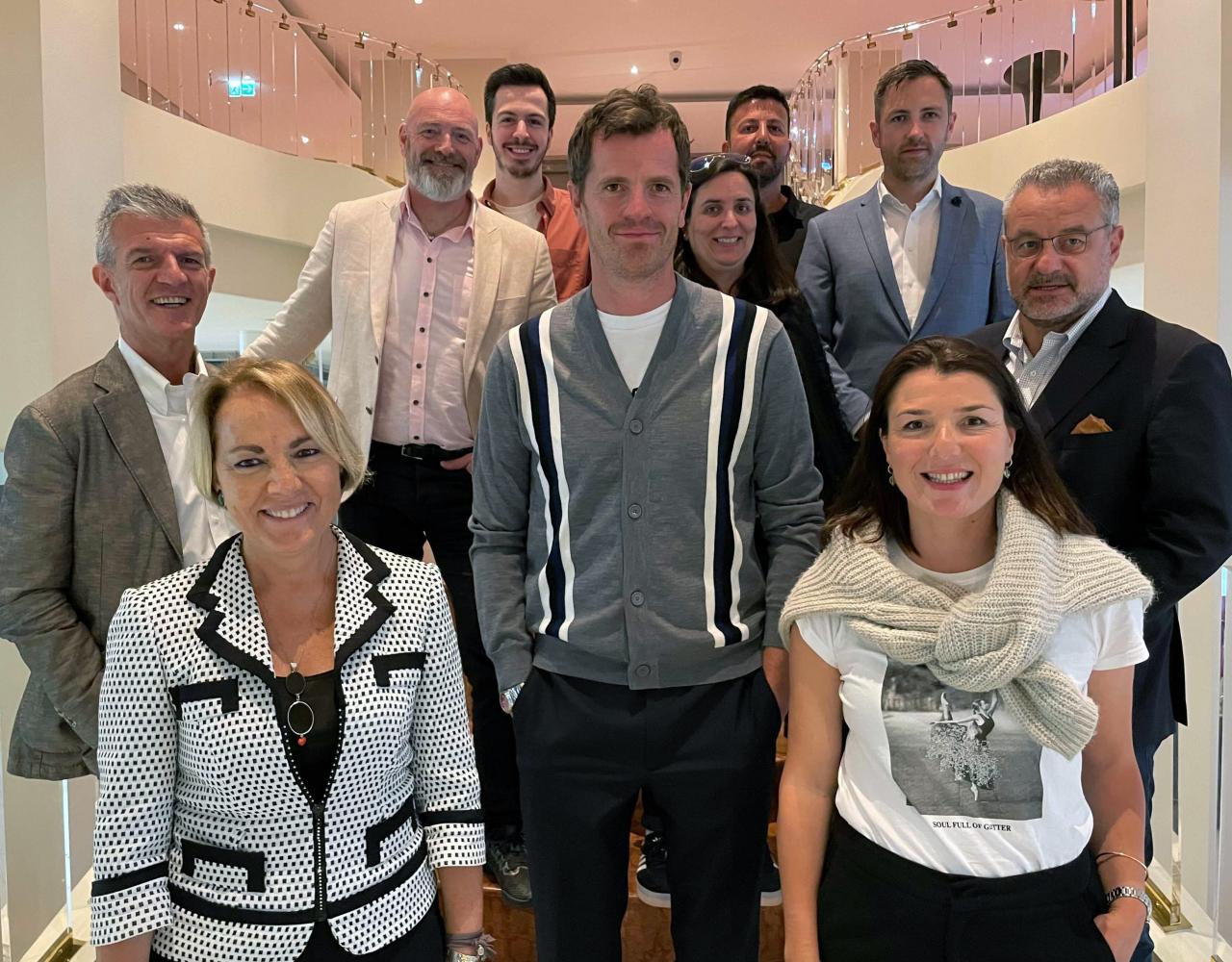Two new members have joined the Eurovision Song Contest Reference Group thus replacing one former member who has stepped down.
Alexandra Wolflast (NDR) and Claudio Fasulo (RAI) have joined the Reference Group and will thus replace: Alexandra Redde (France Televisions).
The Refence Group
The Reference Group was formed by the European Broadcasting Union’s Television Committee in 1998. The Group meets up 5-6 times a year.
The main tasks of the body include approving format developments and changes to the rules, securing financing, modernizing the brand and raising awareness of the Eurovision Song Contest and overseeing the yearly preparation by the Host Broadcaster.
The Reference Group is composed of a Chairman, three members elected by the Heads of Delegation, two Executive Producers from previous host countries, as well as the Executive Producer of the current Host Broadcaster. The EBU’s Eurovision Song Contest Executive Supervisor is also a member of the Reference Group.
The Reference Group has a possibility to invite up to 2 extra professionals to join the group.
The Reference Group currently consists of the following members:
- Dr. Frank-Dieter Freiling- (ZDF/Germany)(Chairman)
- Mr. Martin Osterdahl- (EBU Representative)
- Mr. David Tserunyan- (AMPTV/Armenia)- Elected Member
- Ms. Carla Bugalho –(RTP/Portugal) (Eurovision 2018 Executive Producer)
- Mr. Felix Bergsson (RUV/Iceland) Elected Member
- Sietse Bakker- (NPO/ Netherlands)(Eurovision 2021 Executive Producer Event)
- Simona Martorelli -(RAI/Italy) (Eurovision 2o22 Executive Producer)
- Claudio Fasulo (RAI/Italy) (Eurovision 2022 Executive Producer)
- Alexandra Wolflast (NDR/ Germany) Elected Member
- Mr. Yuval Cohen- (Israel) (Creative Director Eurovision 2019)
- Ms. Astrid Dutrenit- (NPO/Netherlands)(Eurovision 2021 Executive Producer TV)
The current Reference Group includes the Heads of Delegation from Italy, Armenia, Germany, Iceland and Portugal.
The Eurovision Song Contest Reference Group is the executive Committee for all Members, its purpose being to control and guide the Eurovision Song Contest and meets four to five times each year on behalf of all Participating Broadcasters, and is required to take decisions in the general interest of the Eurovision Song Contest.
Source: ESCTODAY





